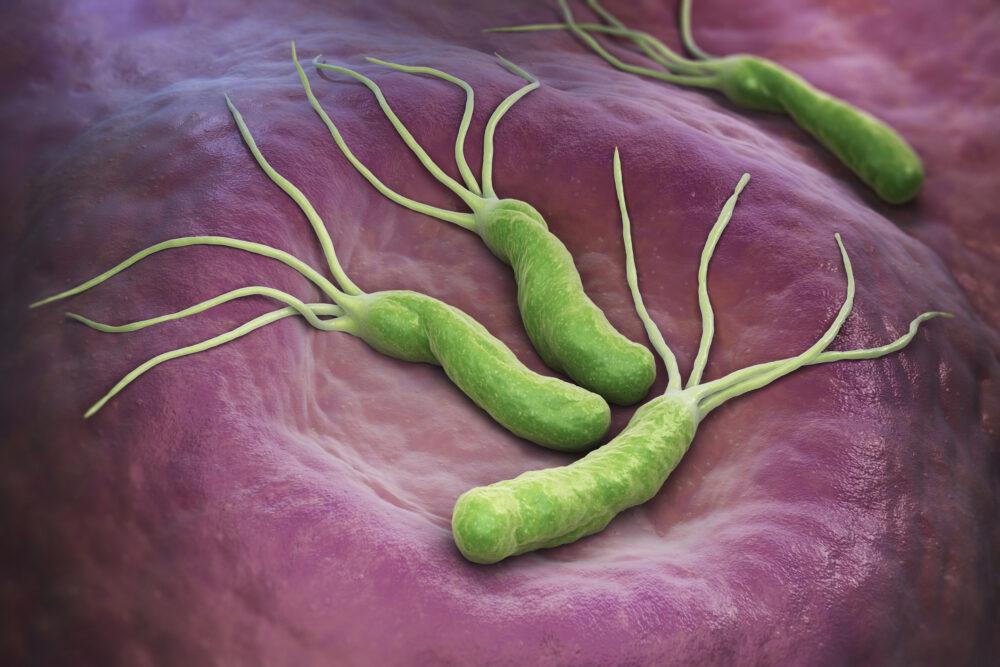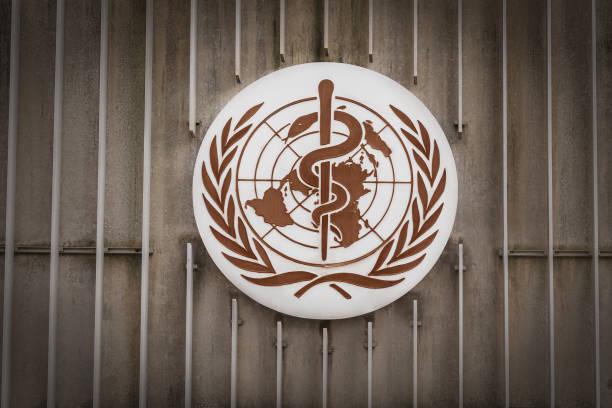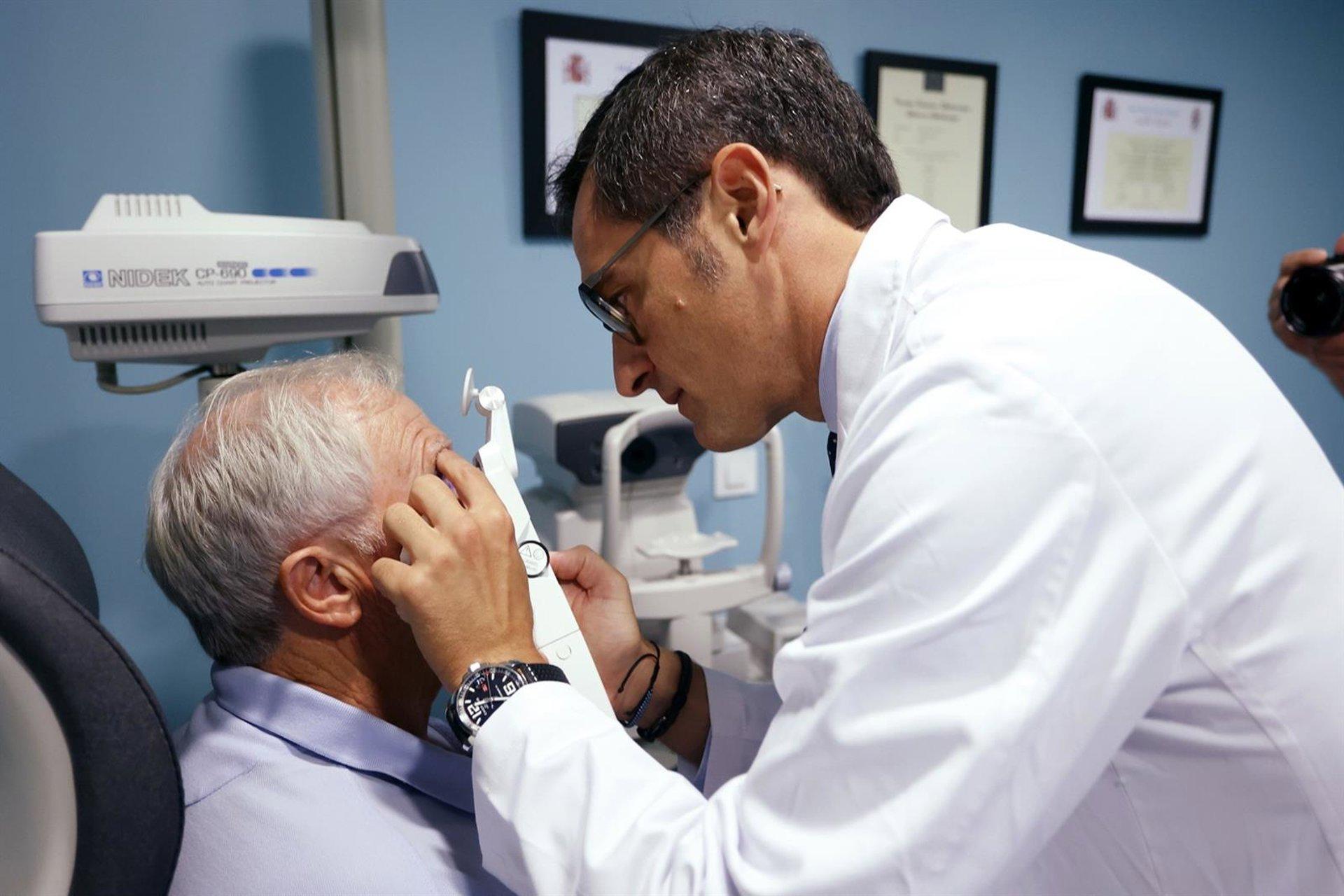Gema Fernandez revas from the microbiology service of the German Trais I Poojol de Badalona and the Seamsi spokesman, explaining that it is associated with chronic gastritis and gastric cancer.
Despite the fact that it is one of the most common bacterial infections in the world, Helicobacter pylori (H. pylori) continues to be very unknown to many people.
"The most recognition is Helicobacter pylori across the water or food in the mouth, and the microbiology microbiology).
The spread of the country's development levels differs, but data changed, but the data is surprising."In developing countries, this area may be 60% effective. Industries in Spain have about 35-40% in industrial countries.
"In developing countries, prevalence can reach 60%. In more industrialized countries such as Spain, we are about 35-40%"
Despite these data, H. Pylori's knowledge of the population is limited."This is not a germ you talk too much about, perhaps because it does not cause severe infection, such as pneumonia or urinary tract infections," Fernandez reflects."
Kankerhydrochloor
The main problem with H. pylori is that its long -term presence in the stomach can cause chronic inflammation of the gastric mucosa or chronic gastritis.
This gastritis can develop significantly if it is not possible to develop considerable complexity."Some people do not mean that lymphoma lymphoma (livestock) or even exposure to gastric cancer or even the influence of many other factors, food, the environment ... But infection - a recognized risk factor."
"For some people, this chronic inflammation can cause before -cancerous lesions or even occur in stomach cancer. It was also associated with the type of lymphid lymphoma associated with mucosa membranes (salt lymphoma)" "" "
One of the most important challenges to control this disease is the number of people infected with unreasonable characters."No problem. They don't go to the doctor.
"All species of bacteria are not the same": "Bacteria has mutual capacity.
Effective treatments ... but not always easy
H.Standard treatment for eradication of pylori contains a proton pump blocker such as Omprazole -with a combination of antibiotics."It is usually 14 -day treatment with three or four different drugs," Fernandez Rivus."Although effective, it is not free from side effects: digestive discomfort, mouth pain, metal pain, ... causing some patients to leave early treatment."
This partial or complete abandonment of treatment poses an important risk: "the emergence of resistance".One of the biggest problems we have is antibiotic resistance.It is necessary to know the local resistance percentage to adapt to the treatment instructions, "microbiology emphasized.
Before the relationship between HRRIS and the abdomen, there are more and more sounds such as changing this bacteria examination in examination prevention strategies.We have not yet part of the planned public health programs, examples.
"In countries such as Japan, where the presence of gastric cancer is very high, studies have been conducted that show that the discovery and treatment of Helicobacter pylori in people of some ages reduces the risk of developing this cancer," says Fernández Rivas."
In addition, there are no diagnostic ways that can facilitate the screening mass. Hoy: “We have a breathing and antigen test.
“We have tests of breathing tests and antigen on feces, affordable, simple and cheaper.The task is to include a structured program based on our epidemiological reaction. ”
Challenge and perspective
Currently, the Spanish health system has effective instruments and effective treatment methods to detect and treat this infection. "Evidence of primary medical care can already be requested, and in most cases the treatment works. If not, that is, the second alternatives," says Fernández Rivas. "The problem is that not so much clinical capacity, but also the growing stability and lack of preventive measures at the population level.
At this moment there is no vaccine against Pilor, although some research groups work with it.








